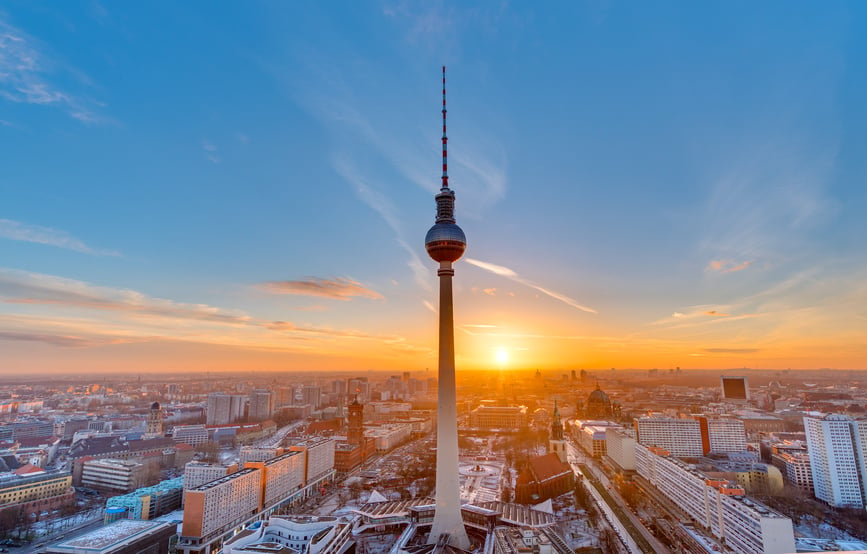Anahita Thoms Talks Trade and Sustainability with Omid Nouripour from the Green Party
Anahita Thoms, Head of International Trade, Germany, speaks with Omid Nouripour, Member of the German Bundestag and Spokesperson for Foreign Affairs for the Green Party, about the global fight against climate change, economic sanctions as a foreign policy tool, and the proposed new Supply Chain Act in Germany.
As spokesperson on foreign affairs of your party and board member of AtlantikBrücke: What changes have you been already observing and do you expect to see from the Biden administration with regard to sustainability and international trade?
We expected much more, but President Biden’s climate summit is a clear sign for the international community that the United States are back on the world stage when it comes to fighting climate change. A strong alliance between the US and Europe for climate neutrality could also be a restart for transatlantic trade relations. Setting common standards in the fight against climate change would make both countries forerunners in the development of renewable technologies, which would also facilitate the creation of a transatlantic trade zone for climate neutrality, which other countries could join.
Many claim that while economic sanctions regimes have been one of the key foreign policy tools in recent years, they have not been very effective. What is your response to such criticism?
Targeted sanctions make a lot of sense against individuals and organizations in countries like Iran, where human rights are frequently violated. But we have also witnessed policies such as the maximum pressure campaign against Iran that made things more complicated and the whole Middle East more insecure than before. In the case of Russia, we have seen sanctions against it after the annexation of Crimea that very likely stopped Russia from further breaking international law. This is why there is no clear answer to your question. Sanctions are not an end in themselves, they have to be evaluated every single time they are applied.
There has been a lot of debate in Germany on the proposed new Supply Chain Act (Lieferkettengesetz). In the coming months we are also expecting more clarity by Commissioner Didier Reynders on an EU law regulating supply chain sustainability, including environmental and human rights due diligence requirements. Would you agree that it is key to get more international allies to achieve real change or what are in your view the best suited approaches and instruments to achieve sustainability in global supply chains?
The draft for a Supply Chain Act is late, weak in key areas and needs to be improved urgently. Germany must no longer stay behind the state of the debate at European and international level. The German Bundestag needs to strengthen the European Union’s plans for binding supply chain regulation for the entire European internal market by passing a strong national Supply Chain Act. We, the Green Party in the Bundestag, call for a civil liability clause as well as improvements concerning the scope of corporate due diligence, the number of entities covered and relevant environmental standards.



